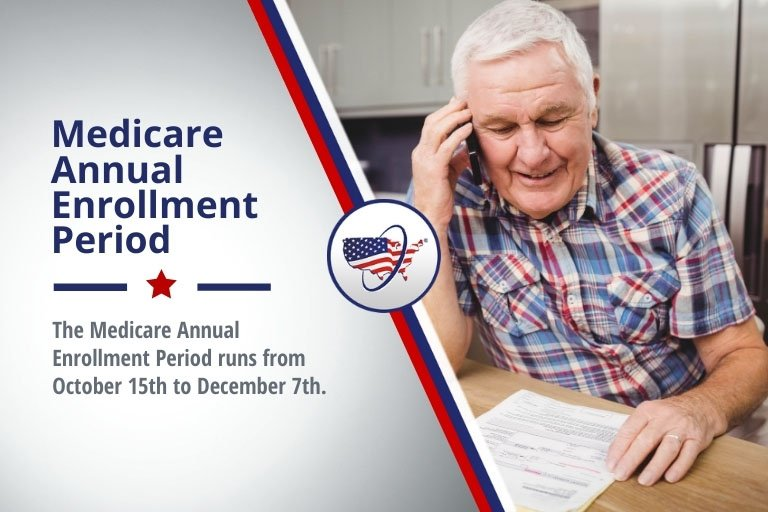|
|
Voting Rights Legislation Blocked Again in Senate |
|
Senate Republicans filibustered the Democrats’ voting rights legislation Wednesday, blocking the bill from even being debated. The vote to strengthen voter protections came as several GOP-controlled state legislatures vow to enact even more restrictive voting laws.
The legislation voted on this week was the Freedom to Vote Act, S. 2747, a pared-down voting rights and elections bill that was introduced in the Senate by Sen. Amy Klobuchar (MN) in September after the state of Texas enacted a draconian new voting restrictions law.
The vote to proceed to a debate on the bill failed 49-51, with Senate Majority Leader Chuck Schumer (NY) voting against proceeding with the bill at the last minute — a technical maneuver that enables him to file a motion to reconsider it later. No Republicans voted to proceed to debate. Sixty votes were needed to break the filibuster.
The Freedom to Vote Act is the product of negotiations among Senate Democratic lawmakers including Majority Leader Schumer and West Virginia Sen. Joe Manchin. It would make Election Day a federal holiday, establish same-day voter registration nationwide, set federal standards on mail-in voting, establish limited voter ID requirements and ban partisan gerrymandering.
|
|
Only 1 in 7 Seniors Have Received a Covid Booster Shot So Far |
|
Health experts are recommending that eligible Americans receive COVID-19 booster shots as soon as possible in an effort to prevent infection surges this coming winter. Seniors, who are among the highest-risk populations, are eligible for the boosters but only 15% of people aged 65 and older have received them so far.
The Pfizer-BioNTech vaccine was the first to be authorized as a booster shot, for use in certain high-risk groups, including seniors, who received their second Pfizer dose at least six months ago. On Thursday, a Centers for Disease Control and Prevention (CDC) advisory committee unanimously recommended boosters for high-risk recipients of Moderna’s and Johnson & Johnson’s Covid-19 vaccines. CDC Director Dr. Rochelle Walensky embraced the panel’s recommendations Thursday night, clearing the shots for immediate distribution.
The CDC will also allow mix-and-match boosters, so that people can receive a different booster vaccine than what they were originally given. More than 39 million Moderna recipients and nearly 13 million J&J recipients may be eligible for a booster dose as early as Friday.
“Booster shots are an effective tool for keeping seniors safe from COVID-19 infection,” said Richard Fiesta, Executive Director of the Alliance. “Getting vaccinated protects not only yourself, but also others who are vulnerable.”
|
|
Kaiser Health News: ‘They Treat Me Like I’m Old and Stupid’: Seniors Decry Health Providers’ Age Bias By Judith Graham
|
|
Joanne Whitney, 84, a retired associate clinical professor of pharmacy at the University of California-San Francisco, often feels devalued when interacting with health care providers. There was the time several years ago when she told an emergency room doctor that the antibiotic he wanted to prescribe wouldn’t counteract the kind of urinary tract infection she had. |
|
|
He wouldn’t listen, even when she mentioned her professional credentials. She asked to see someone else, to no avail. “I was ignored and finally I gave up,” said Whitney, who has survived lung cancer and cancer of the urethra and depends on a special catheter to drain urine from her bladder. (An outpatient renal service later changed the prescription.) |
|
Then, earlier this year, Whitney landed in the same emergency room, screaming in pain, with another urinary tract infection and a severe anal fissure. When she asked for Dilaudid, a powerful narcotic that had helped her before, a young physician told her, “We don’t give out opioids to people who seek them. Let’s just see what Tylenol does.”
Whitney said her pain continued unabated for eight hours.
“I think the fact I was a woman of 84, alone, was important,” she told me. “When older people come in like that, they don’t get the same level of commitment to do something to rectify the situation. It’s like ‘Oh, here’s an old person with pain. Well, that happens a lot to older people.’”
Whitney’s experiences speak to ageism in health care settings, a long-standing problem that’s getting new attention during the covid pandemic, which has killed more than half a million Americans age 65 and older.
|
|
Medicare Open Enrollment Season Has Begun |
|
Medicare's annual open enrollment period for 2022 coverage runs from Oct. 15 to Dec. 7, 2021. During this time, beneficiaries can make changes to their Medicare Health Plan, Medicare Advantage Plan (Part C) or Medicare Part D (prescription drug coverage) plan that begins on January 1, 2022. |
|
|
Current coverage plans will renew automatically for 2022 if no changes are made, but beneficiaries are advised to review their plan benefit booklets, scheduled to be delivered in the U.S. mail this month. |
|
Beneficiaries should always look for Part D plan changes to premiums, drug coverage, deductibles, pharmacies and co-pays. Medicare Advantage plans often change physician networks and benefits. For additional information, contact Medicare at 1-800-633-4227 or www.medicare.gov.
|
|
Thanks for reading. Every day, we're fighting to lower prescription drug prices and protect retirees' earned benefits and health care. But we can't do it without your help. Please support our work by donating below. |
|
|
|
|
Alliance for Retired Americans | 815 16th Street, NW | Washington, DC 20006 | www.retiredamericans.org



